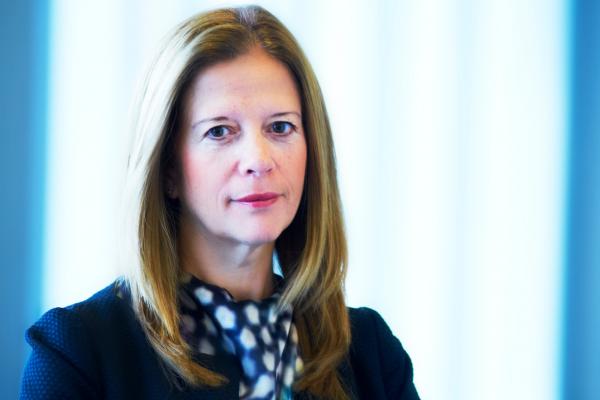Finding balance
Be it finding the sweet spot between risk and reward, knowing how far productivity can be increased before more resources are needed or balancing strategies for both short and long-term growth, striking the right balance is a vital skill for all leaders at all levels of business.
There was undoubtedly a period where it felt like businesses struggled to find that balance in their strategies. The culture of the ‘superstar CEO’, where great ambition and a perception of infallibility were valued perhaps above all else, certainly contributed to that. That is why I am so encouraged by the recent noticeable shift to a more collaborative and inclusive style of leadership, where seeking counsel from those with different perspectives is replacing a single vision of success as the most valuable commodity among leaders.
Accepting that leaders are not infallible has been key to the rise of this new style of leadership.
Of course, a clear vision remains the foundation that every business needs to be successful. But when a business reaches a certain size, problems can begin to appear if that vision, and its execution, relies solely on one individual. It is natural that left to lead alone, finding balance in decision making becomes more and more difficult and inevitably, mistakes will follow.
Accepting that leaders are not infallible has been key to the rise of this new style of leadership. We are moving in the right direction, but there is still more to be done. The presence of challenge and counter viewpoints right through the strategic process, from development to execution, can only lead to more robust outcomes. This will only be enhanced by greater diversity of thought, background and experience among those collaborators. Moving away from the superstar CEO will be far less valuable if the collective decision makers are all in agreement all of the time.
More to be done
The 2018 Hampton Alexander Review published in November last year revealed that the FTSE100 index are on track to hit the target of having more than 30% of board positions occupied by women. The growing number of women on boards and among the leadership of FTSE 100 and 250 firms reflects the value of diversity of thought in the boardroom.
We are making progress but it is undeniable that there is more to do to achieve balance both at a UK and global level. It is vital that the momentum seen over the past few years translates into faster change in the future, motivating leaders to look at the demographics of their teams at every level and consider how we can move towards more balanced and therefore better and inclusive leadership in the future.
Leading a movement
Business must play its part when it comes to rebalancing the social inequalities of today, not just because it is the right thing to do, but because enabling everyone, regardless of their gender or background, is going to be vital for the success of our future economy productivity.
17 million adults, through no fault of their own, are being held back from a lack of basic numeracy skills. KPMG has a long history of providing support and direction to social mobility initiatives and is supporting National Numeracy because we believe it is time for a fundamental shift in confidence and competence with numbers to happen in the UK.
Diversity of thought can come from many places – different career journeys, life experience, from alternative industries and careers, and lives spent overseas. This diversity is also influenced by personal experiences which often come from characteristics such as gender, ethnicity and socio-economic background. Who we are and what we have experienced shape our leadership style and how we make decisions, approach a problem or weigh up risk and capitalise on opportunity.
All of us have relationships with our employees, with our suppliers, and within our business networks. We must use these to help those who need it most.





